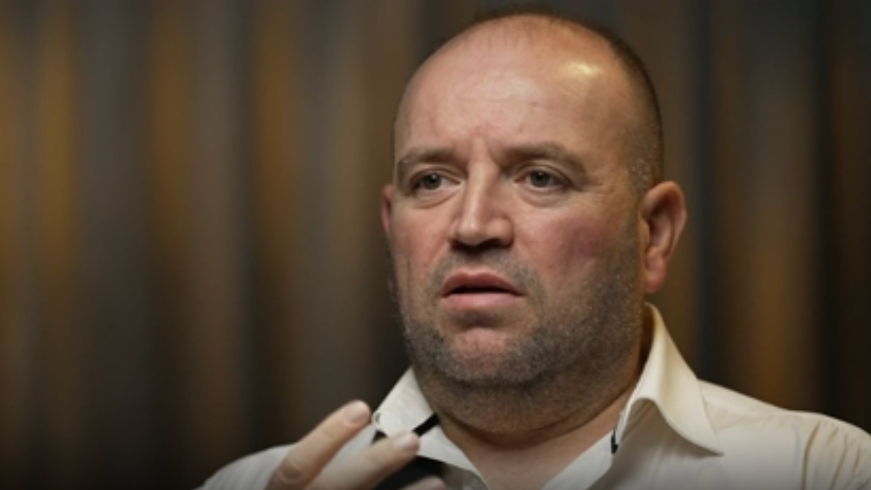Compensation paid to CalMac passengers rose to more than £450,000 last year – as the number of ferry sailings cancelled by the state-owned operator was said to have reached its highest level for at least five years.
The payments, which can cover meals, accommodation and alternative transport for passengers, rose from £261,000 in 2021-22 to £454,000 in 2022-23.
That takes the total amount CalMac has paid in compensation over the last five years to just over £1.1m.
It comes after the ferry operator cancelled 11,301 journeys in 2022, with a further 5,781 sailings arriving late.
The Scottish Liberal Democrats – who uncovered the statistics using freedom of information legislation – said the data shows it is now a “roll of the dice” whether lifeline ferry services “will be late or cancelled”.
CalMac passengers have now suffered the highest number of cancelled journeys for at least five years, the party said, adding that the proportion of ferries which did not arrive as planned broke the 10% barrier for the first time.
The figures were released days after the Scottish Government issued a rarely used ministerial directive, allowing work on one of two new CalMac ferries being built at the Ferguson Marine yard on the Clyde to proceed, despite advice that continuing to build the vessel there does not represent value for money.
Wellbeing Economy Secretary Neil Gray said he had taken the “rare” decision to overrule advice, otherwise the future of the shipyard would have been “in jeopardy” and islanders would have to wait longer for a new vessel.
Ferguson Marine is building two new ferries for CalMac, the Glen Sannox and the as-yet-unnamed Hull 802. However their completion is now years late, while the costs for the two vessels have risen from £97m to about £300m.
The new ships are needed to bolster CalMac’s ageing fleet and to help provide a more reliable service to island communities.
Liberal Democrat economy spokesman Willie Rennie accused the Scottish Government of having “neglected island communities as they continue to mismanage Scotland’s ferry network”.
Rennie said: “These latest figures show that it’s a roll of the dice whether your lifeline service will be late or cancelled.
“This has a real world impact. Businesses can’t get the supplies they need and families are struggling to get to critical medical appointments.
“Ministers need to explain why years of underinvestment that led us here were ever allowed.
“We need the Scottish Government to invest in island ferries and put together a long-term plan for replacing boats which have been in use for decades.”
CalMac chief executive Robbie Drummond said: “We take our responsibility to provide a reliable lifeline ferry service very seriously and work hard to avoid disruption. We recognise that disruption to services due to breakdowns and technical faults is extremely challenging for local communities, and we sincerely apologise to those affected when this happens.
“We spent a record £34m on fleet maintenance last year, which was an increase of around 70% from £20m in 2017. This increased investment can be attributed, in part, to the age of the vessels, with more than 38% of them exceeding 30 years of age and increasing challenges around obsolescence and obtaining parts. Investment in maintenance is planned to grow to well over £43m in 2023.
“In terms of compensation, we always encourage passengers who have been left out of pocket by delays or cancellations to check our website to see if they are entitled to make a claim. These can be made electronically and processed quickly.”
Transport Minister Kevin Stewart said: “There have been ongoing technical issues with vessels resulting in delays to the annual overhaul programme and disruption to sailings. Should cancellations occur due to these technical issues or poor weather then a full refund will be provided to the customer, as I’m sure we all would expect.
“This is not just about transport performance in itself; it’s about delivering the confidence needed to sustain island populations. We recognise the impact that delays and disruption have regrettably had on our island communities and I am committed to investing in our ferry services.
“Delivering six new major vessels to serve Scotland’s ferry network by 2026 is a priority for this government. We have invested more than £2bn in our ferry services since 2007 and we have outlined plans to invest around £700m in a five year plan to improve ferry infrastructure.
“We share the desires of island communities for sustainable and effective ferry services and look forward to continuing our constructive engagement with them on future services and vessel replacements.”
Follow STV News on WhatsApp
Scan the QR code on your mobile device for all the latest news from around the country





























